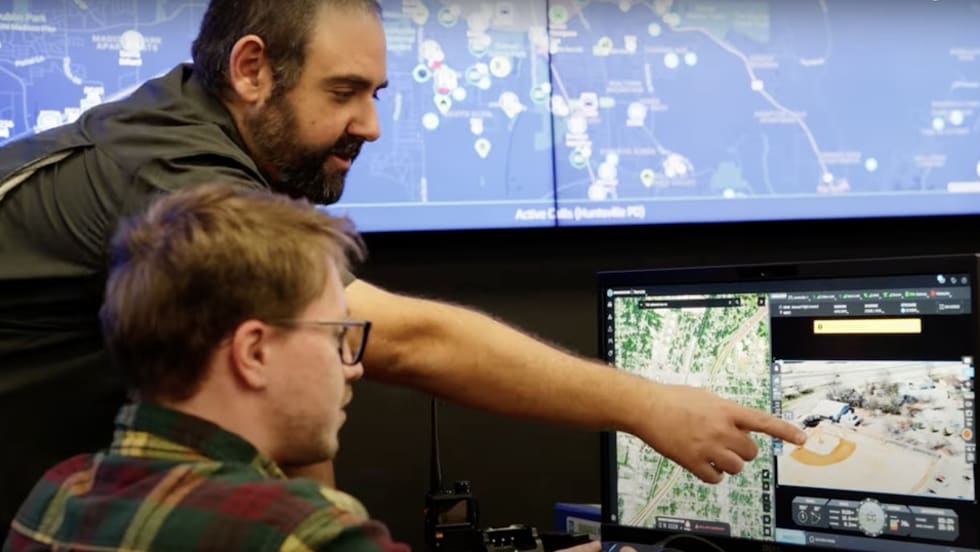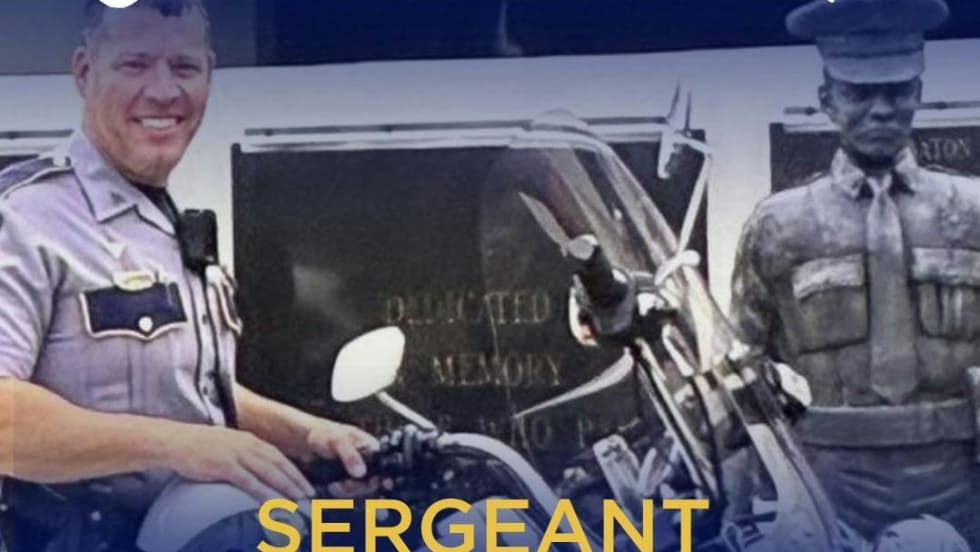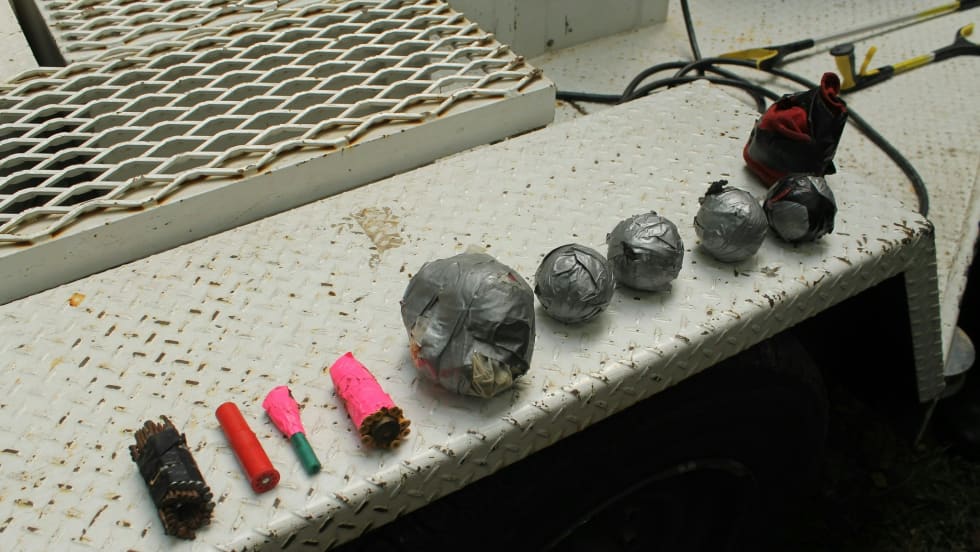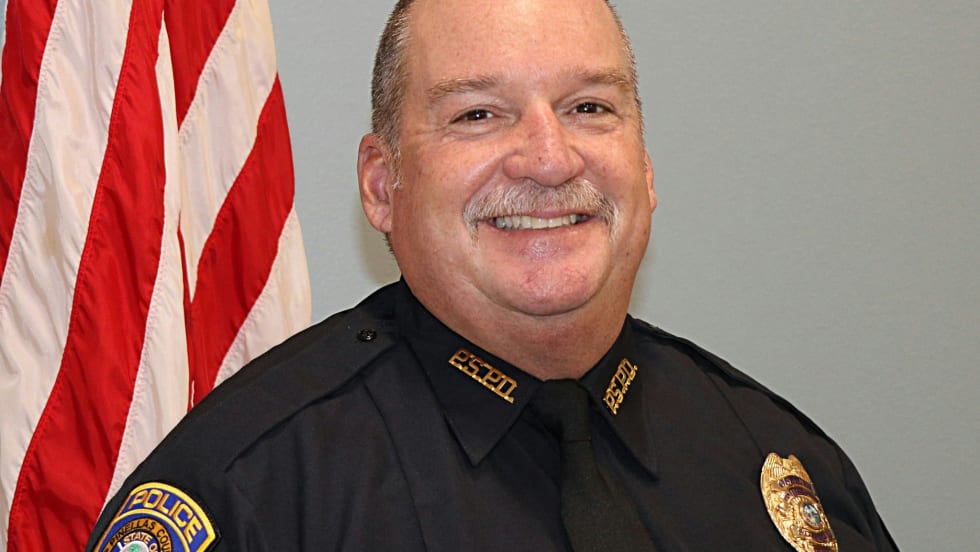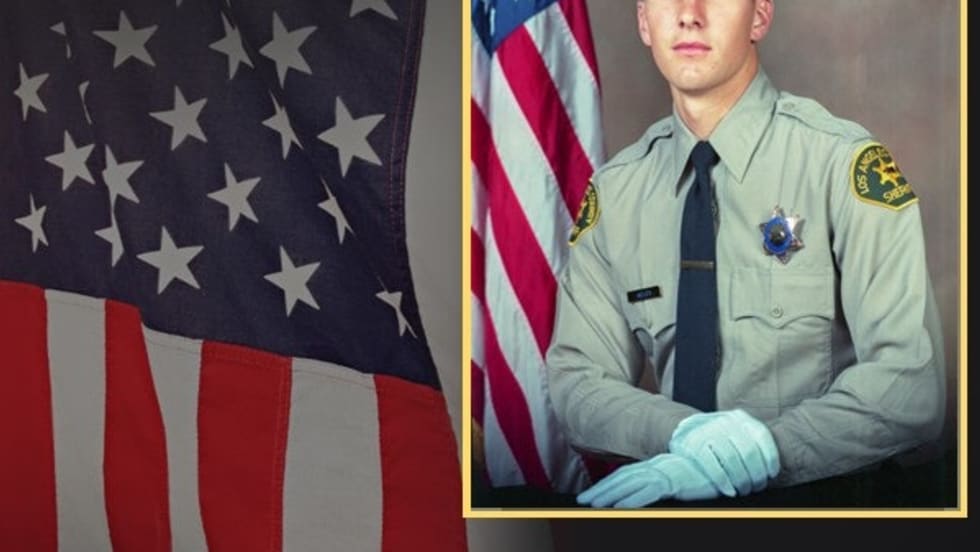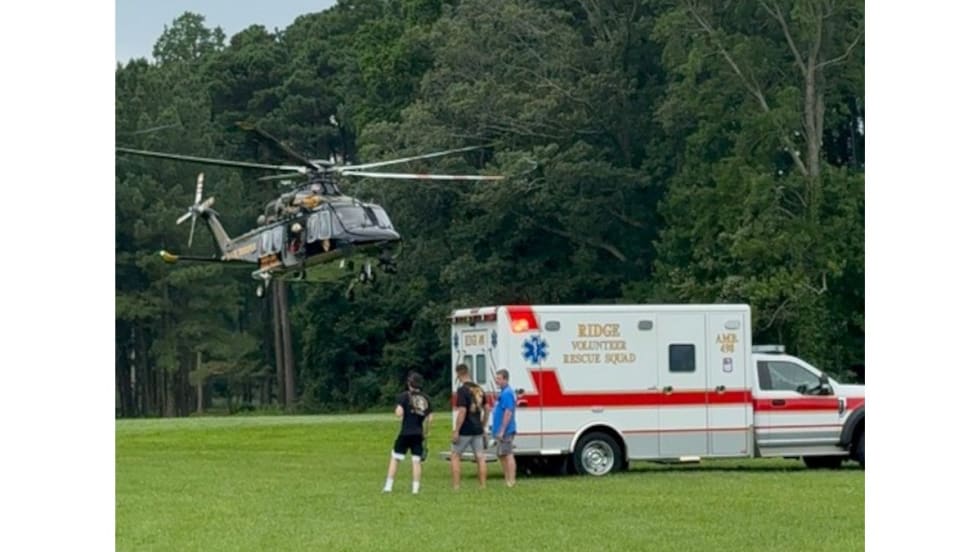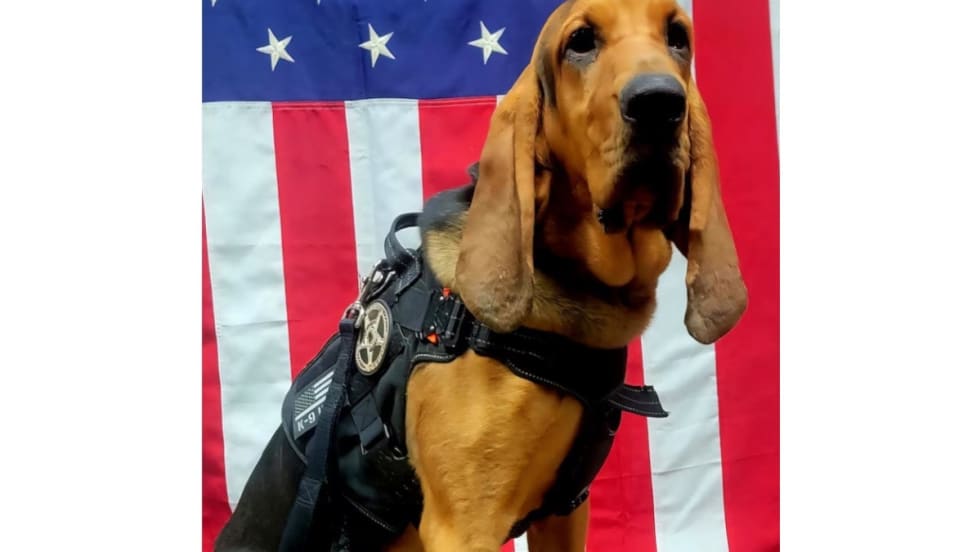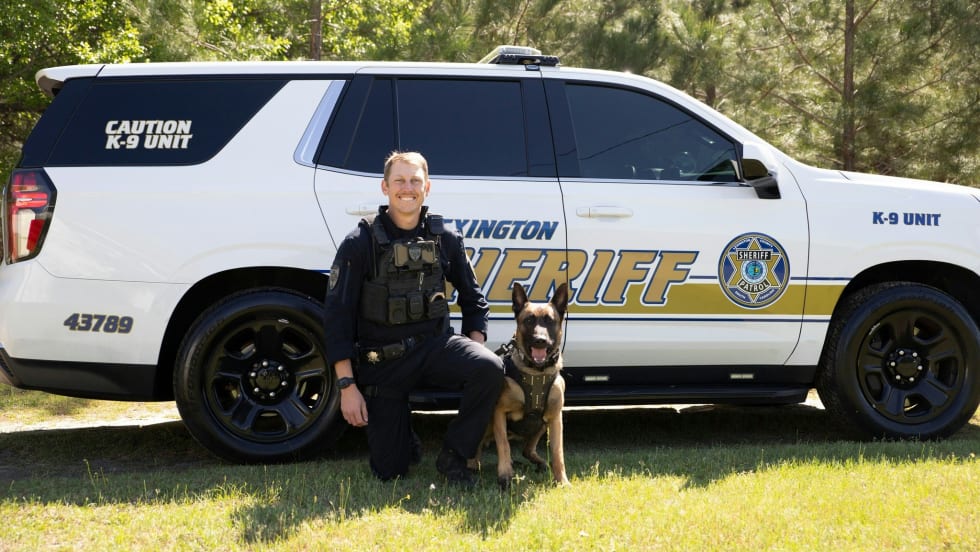Editor's Note: View our gallery of East Coast Blood hand signs.
Thirty-five members of the South Side Brims Bloods gang in western Maryland have been indicted by a federal grand jury for several murders, shootings, home invasion robberies, drug trafficking, and witness intimidation.
So far, 10 SSB Bloods have been arrested. An additional 11 are already in custody on other charges. Summonses have been issued for 12 others. And two are wanted fugitives.
While the SSB Bloods are not the largest Bloods gang in Maryland, they operated a statewide trafficking network. Officers, including the Maryland State Police, and prosecutors primarily relied on wiretaps over a two-year investigation to gain the indictments, Assistant U.S. Attorney Andrea Smith tells POLICE Magazine.
More than 100 law enforcement officers fanned out this morning to arrest defendants in the SSB Bloods gang that operated a nationwide racketeering enterprise. In March, hundreds of law enforcement officers assisted in the execution of 42 search warrants relating to the investigation at various locations throughout Maryland.
"This case reflects an unprecedented level of coordination among local, state and federal law enforcement agencies employing the federal RICO statute to dismantle criminal gangs," said U.S.s Attorney Rod J. Rosenstein in a statement. "The covert investigation known as 'Cardinal Sin' started in 2009, based on allegations that the South Side Brims Bloods gang was establishing cells and wreaking havoc throughout Maryland."
The investigation began after Frederick Police, in December 2009, discovered a roster of members both at large and incarcerated. Versions of the roster later were found in other locations, along with a gang handbook. During the federal investigation, gang members allegedly were recorded on wiretaps discussing the gang's hierarchy and rules; letters discussing gang business were intercepted; and Internet pages containing gang messages, photographs, and videos were found. Authorities also developed confidential informants who provided details about the gang's criminal activities.
The 26-count indictment alleges that the defendants were members and associates of the SSB Bloods, a violent gang with members operating throughout Maryland, including the cities of Frederick, Cumberland, Salisbury, and Baltimore; and Queen Anne's, Dorchester, Somerset, Wicomico, Talbot, Howard, and Anne Arundel counties. The indictment alleges that SSB gang members also operated in and around New York City, New Jersey, Virginia, South Carolina, and California.
The SSB Bloods originated from a street gang known as "the Bloods" that was formed in Los Angeles, Calif., in the early 1970s. As time passed, the Bloods spread to other locations and broke into individual "sets." One such Bloods set based in Compton was called Piru Bloods that emerged into a subset known as the Fruit Town Brims. The name derived from a group of streets in Compton named after fruit trees. The Fruit Town Brims became established on the East Coast, including Maryland.
The indictment alleges that Andre Roach was granted permission to start the South Side Brims on June 17, 2005, and that Roach sent letters through Monique Hagler, alleged to be the "first lady," or secretary, for the set. According to the indictment, Hagler also sent communications to gang members demanding payment of dues used to support member of the SSB enterprise and their activities, including criminal defense lawyers, firearms, bail, and to assist gang members recently released from prison to help them get on their feet.
The gang allegedly distributed powder and crack cocaine, ecstasy, and other drugs. The gang also committed robberies, including home invasions, and used guns acquired through these robberies in these crimes.
The SSB initiation process involved being "jumped in" through a beating by other gang members, investigators learned. SSB members were required to commit acts of violence to maintain membership and advance in the gang leadership. Specific acts of violence allegedly include a murder, several attempted murders, home invasion robberies, witness intimidation, violence against gang members who violated gang rules and other alleged acts of violence.


